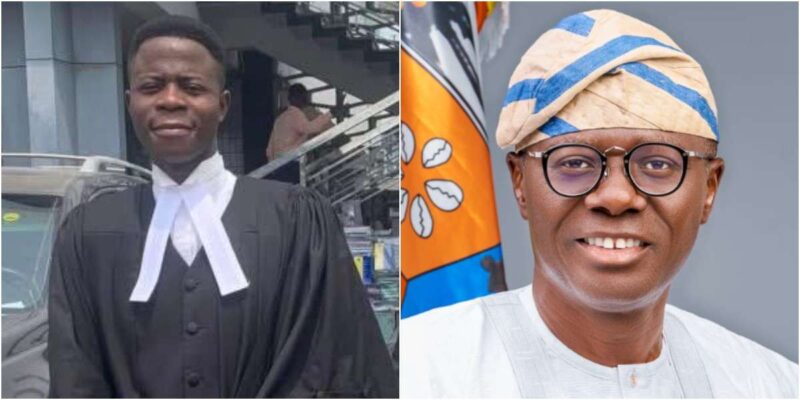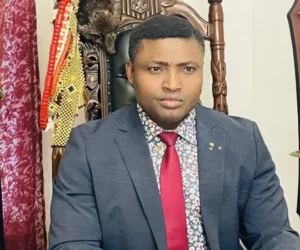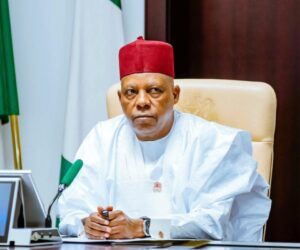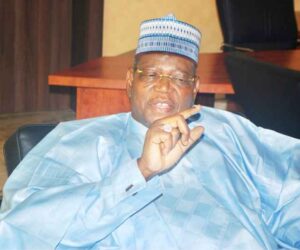Human rights lawyer, Festus Ogun, has dragged Lagos State Governor, Babajide Sanwo-Olu, to the Federal High Court in Lagos for allegedly infringing on his fundamental rights by blocking him on X (formerly Twitter).
Festus, in the suit marked FHC/L/CS/1739/25, said the governor’s action, which has lasted since 2021, was linked to his criticisms of government policies and his demand for accountability over the October 2020 #EndSARS killings.
“In 2021, I noticed that the Governor blocked me on his official X handle @jidesanwoolu owing to my constructive criticisms of his policies and demand for accountability in respect of the October 2020 #EndSARS Massacre,” Ogun wrote on Facebook while announcing the case on Friday.
The lawyer argued that being blocked on the governor’s verified page has denied him access to crucial public information and updates on governance in Lagos.
He described the act as unconstitutional, arbitrary, and discriminatory.
“Blocking me on X has prevented me from accessing public updates and receiving information about policies and governance in Lagos, which constitutes a violation of my right to receive information without interference,” he said.
In his summons, Festus is asking the court to declare the action illegal, compel Governor Sanwo-Olu to unblock him, and issue a public apology.
He is also seeking an order of perpetual injunction restraining the governor or his agents from blocking him or other critics on X and other social media platforms.
According to him, the case is not just personal but also in the public interest, aimed at shaping Nigeria’s digital rights jurisprudence.
He recalled how a U.S. court in 2019 held that former President Donald Trump violated the First Amendment when he blocked critics on Twitter.
“This suit is not just about me. I filed this lawsuit in furtherance of public interest and with the hope that it sets a precedent in our digital rights jurisprudence,” he explained.
Festus, who described himself as “haunted, traumatised and emotionally disturbed” by the governor’s action, insisted that intolerance to dissent weakens democracy.
“Intolerance to criticism and accountability is unconstitutional and undemocratic. Nigerian authorities continue to crack down on critics, journalists, bloggers and vocal citizens on social media using arrests, detention, surveillance, collusion with big techs and outright blocking as weapons. That narrative must stop,” he added.








